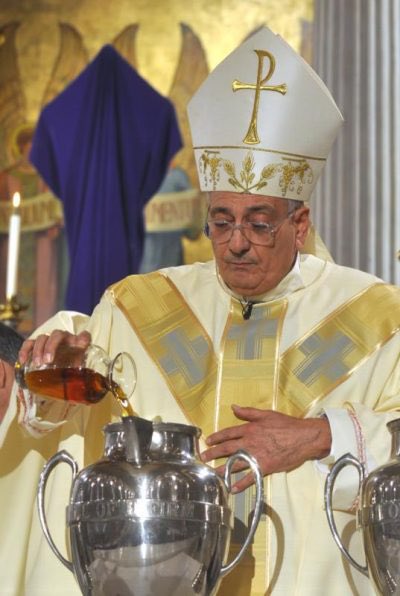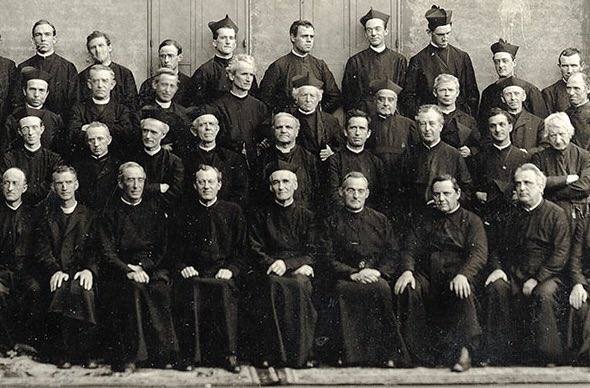So strange that Law & Crime article questioning whether the Capitol rioters could be prosecuted for felony murder and it *never discusses* the most obvious predicate felony—burglary
https://t.co/cSFJzB5fwq via @lawcrimenews
It’s the sort of error that loses students a lot of points on their final exam!
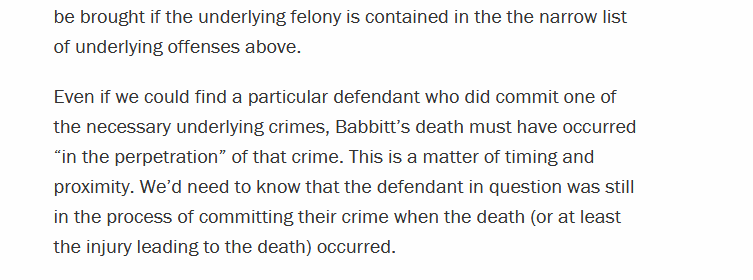
That's going to make the "remoteness" inquiry pretty easy, not complicated as the article says.
But even here, the article's got problems.
Again, this is an issue that we teach in 1st year criminal law.
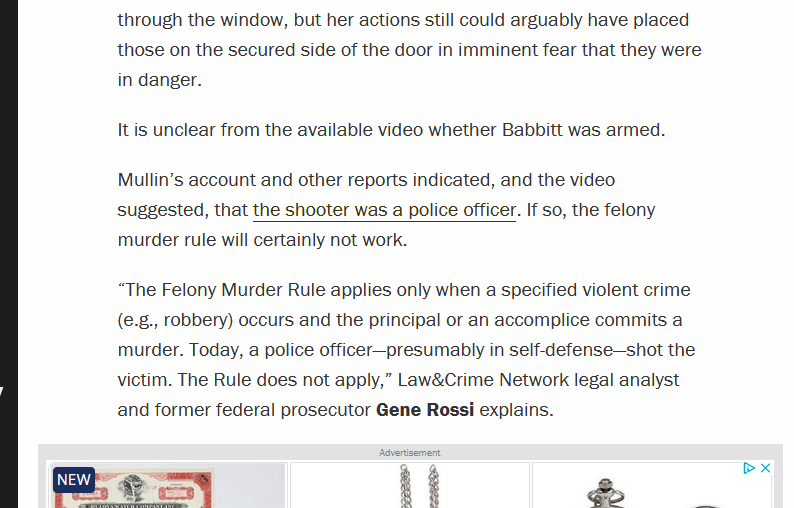
Maybe they were wrong, but this article certainly didn't make the case for it.
I'm no journalism expert, but that doesn't strike me as a helpful way to inform readers.
Why not call the people who are tweeting about things for a more thoughtful quote?
More from Legal
By corrupting global institutions, promoting hysterical data, publishing fraudulent science, and deploying propaganda on an unprecedented scale, Beijing transformed the snake oil of lockdowns into “science,” the greatest crime of the 21st century to
2/ The purpose of this letter is to request an expedited federal investigation into the scientific debate on major policy decisions during the COVID-19 crisis.
Downloadable PDF: https://t.co/gOX6sTSFbT
Archived Medium article:
3/ In early 2020, the public turned to the advice of scientific authorities when confronted with an apparent viral outbreak. Soon after, most nations followed the advice of prominent scientists and implemented restrictions commonly referred to as “lockdowns.”
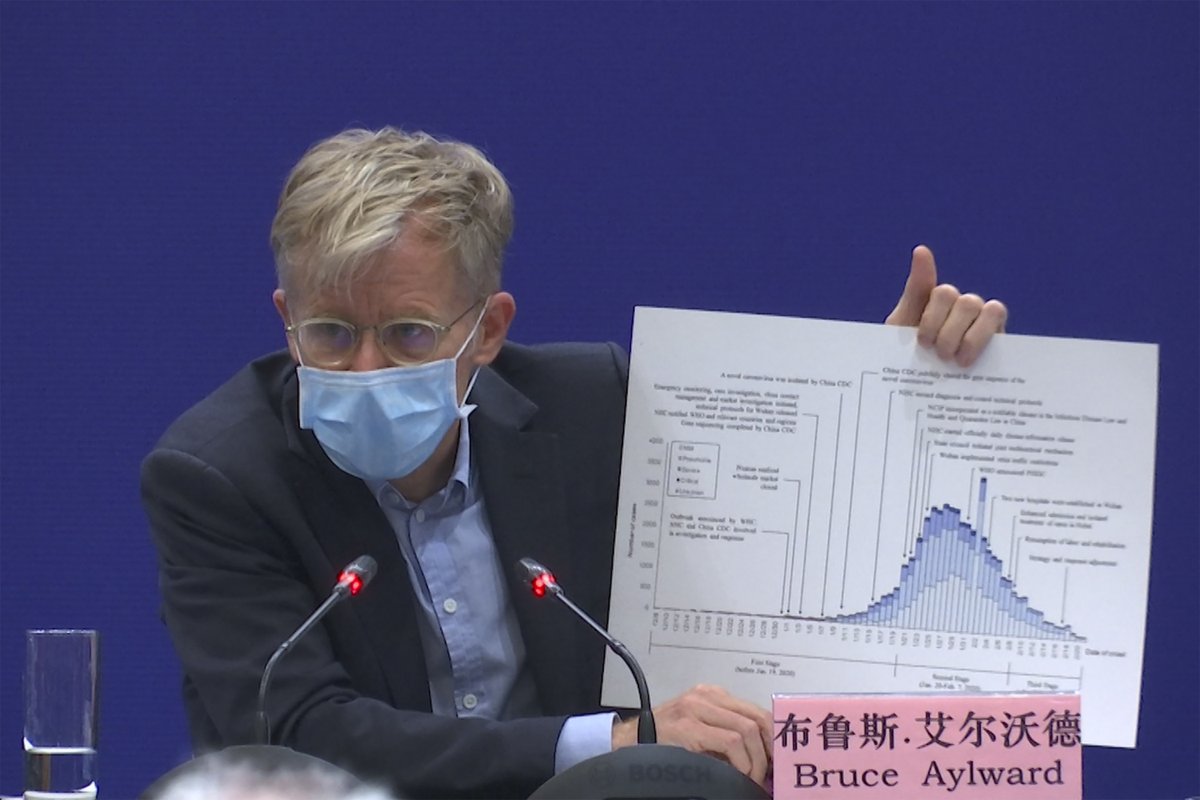
4/ While the policies varied by jurisdiction, in general they involved restrictions on gatherings and movements and the closure of schools, businesses, and public places, inspired by those imposed by the Chinese Communist Party (CCP) in Hubei Province.
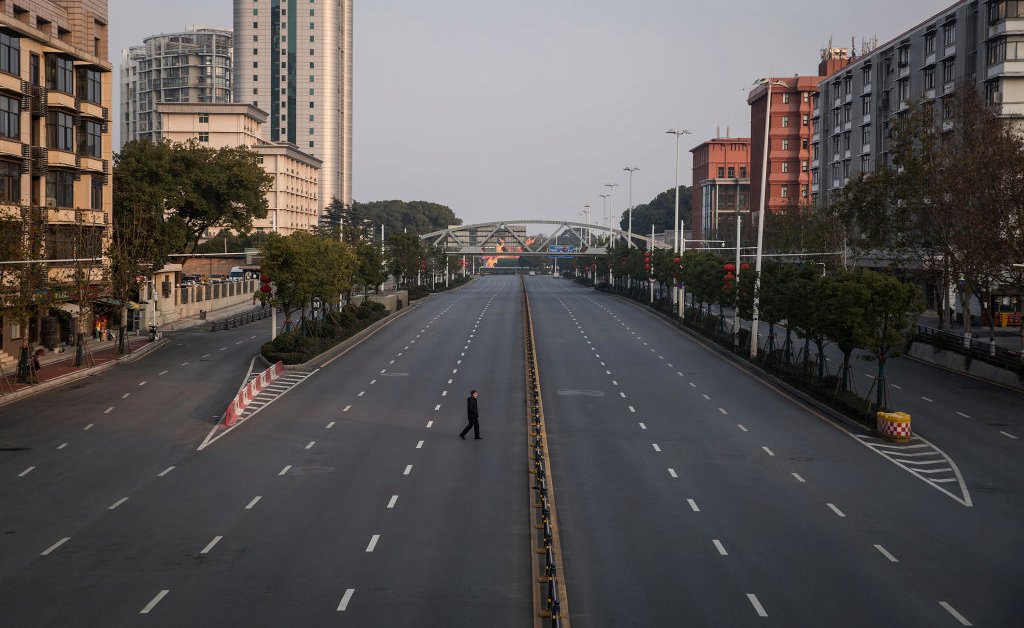
5/ SECTION 1 - LOCKDOWNS ORIGINATED ON THE ORDER OF XI JINPING, GENERAL SECRETARY OF THE CHINESE COMMUNIST PARTY, AND WERE PROPAGATED INTO GLOBAL POLICY BY THE WORLD HEALTH ORGANIZATION WITH LITTLE ANALYSIS OR LOGIC
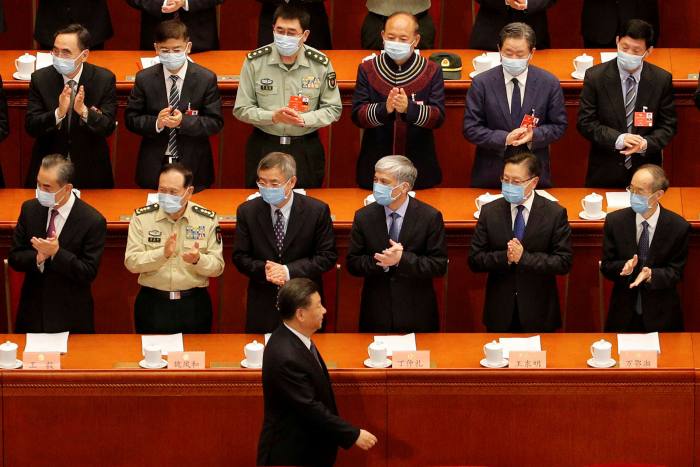
2/ The purpose of this letter is to request an expedited federal investigation into the scientific debate on major policy decisions during the COVID-19 crisis.
Downloadable PDF: https://t.co/gOX6sTSFbT
Archived Medium article:
3/ In early 2020, the public turned to the advice of scientific authorities when confronted with an apparent viral outbreak. Soon after, most nations followed the advice of prominent scientists and implemented restrictions commonly referred to as “lockdowns.”

4/ While the policies varied by jurisdiction, in general they involved restrictions on gatherings and movements and the closure of schools, businesses, and public places, inspired by those imposed by the Chinese Communist Party (CCP) in Hubei Province.

5/ SECTION 1 - LOCKDOWNS ORIGINATED ON THE ORDER OF XI JINPING, GENERAL SECRETARY OF THE CHINESE COMMUNIST PARTY, AND WERE PROPAGATED INTO GLOBAL POLICY BY THE WORLD HEALTH ORGANIZATION WITH LITTLE ANALYSIS OR LOGIC

You May Also Like
On the occasion of youtube 20k and Twitter 70k members
A small tribute/gift to members
Screeners
technical screeners - intraday and positional both
before proceeding - i have helped you , can i ask you so that it can help someone else too
thank you
positional one
run - find #stock - draw chart - find levels
1- Stocks closing daily 2% up from 5 days
https://t.co/gTZrYY3Nht
2- Weekly breakout
https://t.co/1f4ahEolYB
3- Breakouts in short term
https://t.co/BI4h0CdgO2
4- Bullish from last 5
intraday screeners
5- 15 minute Stock Breakouts
https://t.co/9eAo82iuNv
6- Intraday Buying seen in the past 15 minutes
https://t.co/XqAJKhLB5G
7- Stocks trading near day's high on 5 min chart with volume BO intraday
https://t.co/flHmm6QXmo
Thank you
A small tribute/gift to members
Screeners
technical screeners - intraday and positional both
before proceeding - i have helped you , can i ask you so that it can help someone else too
thank you
positional one
run - find #stock - draw chart - find levels
1- Stocks closing daily 2% up from 5 days
https://t.co/gTZrYY3Nht
2- Weekly breakout
https://t.co/1f4ahEolYB
3- Breakouts in short term
https://t.co/BI4h0CdgO2
4- Bullish from last 5
intraday screeners
5- 15 minute Stock Breakouts
https://t.co/9eAo82iuNv
6- Intraday Buying seen in the past 15 minutes
https://t.co/XqAJKhLB5G
7- Stocks trading near day's high on 5 min chart with volume BO intraday
https://t.co/flHmm6QXmo
Thank you




